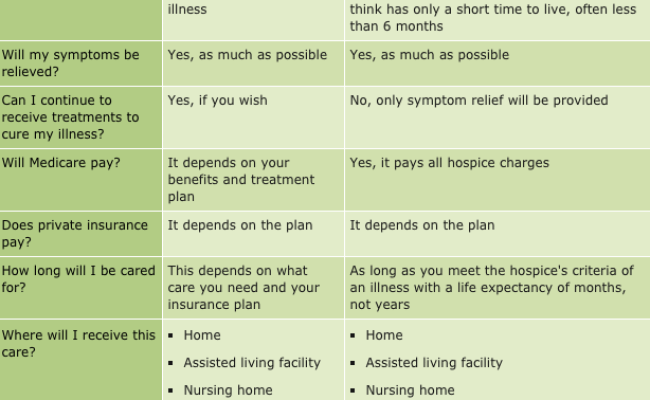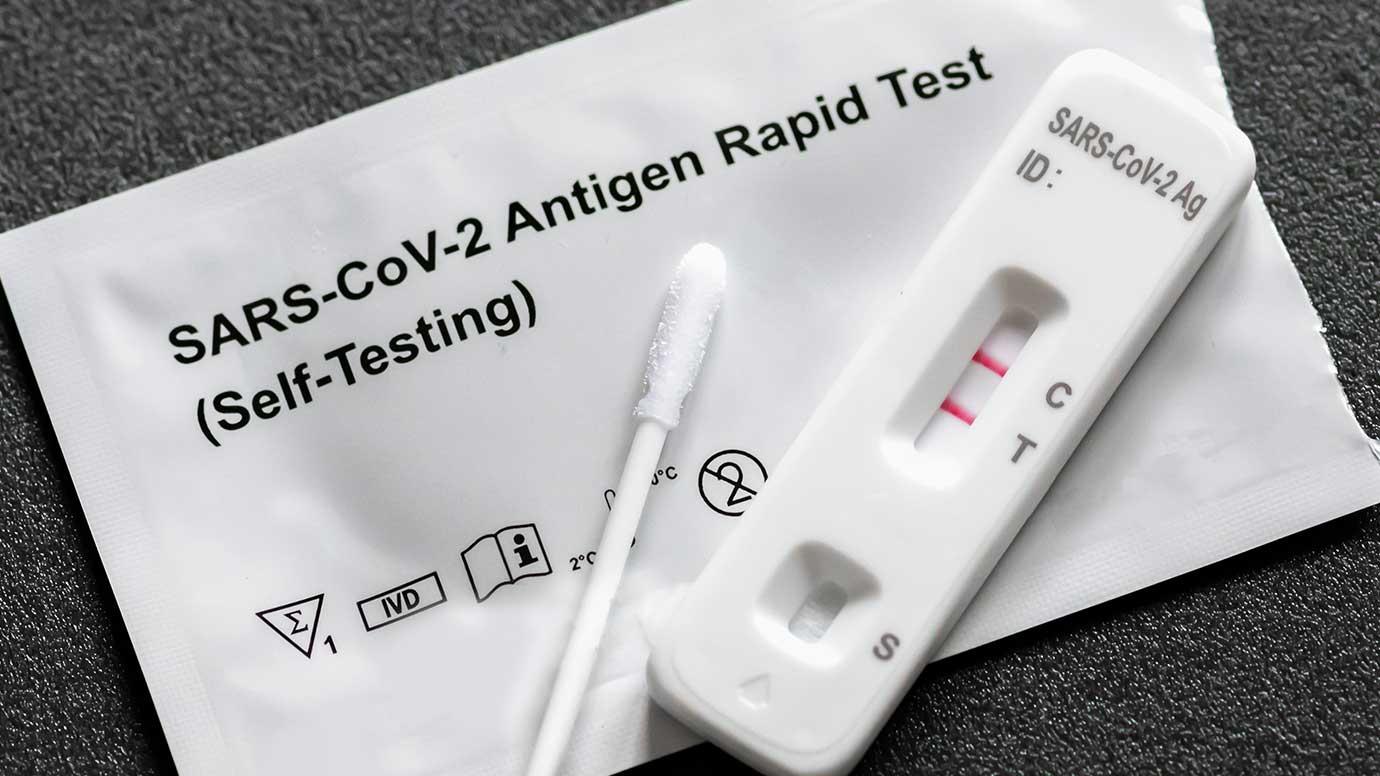
A pediatric allergist is able to help children with food allergies and asthma. A pediatric allergist is an expert in allergy, asthma, and immunodeficiencies. This is when the immune systems doesn't function properly, leading to an allergic reaction. This can lead to a range of symptoms including nausea, vomiting, and even diarrhea. These reactions may be either mild or severe. In addition to diagnosing a child, an allergist will work with the family to manage the child's symptoms. Sometimes, allergy medication may be prescribed to reduce symptoms.
Children and adults with allergies to food or medication can be assisted by pediatric allergists. The doctor will take detailed medical histories and ask questions to determine the cause of your child's symptoms. To determine what allergens may be causing your child's symptoms, your doctor may also conduct a skin test. Additionally, your allergist may perform an oral food test. This is a medically supervised test that involves giving your child small amounts of the suspected allergen, and is the gold standard in diagnosing food allergies.

Other pediatric specialists can also help children with their allergies. In addition to treating your child's allergies, a pediatric allergist will also work with you to educate your family about how to avoid allergens. Your allergist could recommend that you avoid pet ownership or that your child use allergy-friendly bedding. You may also want to speak with your child's school nurse to find out how to keep your child's classroom and school free of allergens.
Children's National Medical Center's allergy specialists are available. They treat about 1,500 children each year. They treat many conditions such as food allergies, asthma, and even eczema. Families who have suffered a food allergy in the past are also treated by them. They include seasoned professionals as well pediatricians as gastrointestinal specialists.
RWJBarnabas Health has pediatric allergists who are trained immunologists. These allergists can provide screenings or evaluations for both children, and adults. They also help diagnose the cause of recurring infections and other illnesses. The allergist can also provide education about your child's allergies and asthma. The allergist could recommend that you talk to a social worker who can offer support and emotional guidance.
Your child might have allergies. Talk with your doctor to discuss allergy immunotherapy. These treatments include allergy shots or dissolvable tabs. These treatments can reduce the symptoms of allergic reactions, as well as prevent allergic reactions in the future. They can be used to treat chronic sinusitis and asthma. Allergy shots can be given over a number of years. You may also need to have your child tested genetically to see if there are any genetic disorders that could cause your child's allergies.

Your pediatric allergist can help you identify allergens that are common in your home, such as pollen, dust mites, mold and insect bites. They can also help you identify other allergens in your home. These allergens can include pet dander, animal smells, and medications.
FAQ
What are the three primary goals of a healthcare system?
A healthcare system must have three main goals: to provide affordable care, improve patient outcomes, and reduce costs.
These goals were incorporated into the framework Triple Aim. It's based on the Institute of Healthcare Improvement (IHI) research. IHI published the following in 2008.
This framework is designed to help us improve our goals by focusing on all three.
Because they don't compete with one another, this is why. They support each others.
A better access to care can mean fewer deaths due to inability to pay. This helps to lower the overall cost of healthcare.
Improving the quality of care also helps us achieve the first aim - providing care for patients at an acceptable cost. It improves outcomes.
What is the best way to learn about health insurance?
Keep track if you have any health insurance. If you have any questions, make sure to ask. Ask your provider questions or call customer support if you don't get it.
When you need to use your insurance, don't forget to take advantage your plan's deductible. Your deductible is the amount you must pay before your insurance begins covering the rest of your bill.
What impact will there be on the health care sector if there is no Medicare?
Medicare is an entitlement program which provides financial assistance for low-income people and families who are unable to afford their premiums. This program provides financial assistance to more than 40 million Americans.
Millions of Americans could lose coverage without this program because private insurers wouldn't offer policies to people with preexisting conditions.
Why do we need medical systems at all?
People who live in developing countries are often without basic health care. Many people from these areas die before they reach middle-age due to diseases like tuberculosis or malaria.
People in developed countries get routine checks and see their general practitioners for minor ailments. Many people are still suffering from chronic diseases like heart disease and diabetes.
What are medical networks?
Medical systems are designed to help people live longer, healthier lives. They make sure that patients receive the best possible care whenever they require it.
They make sure the right treatment happens at the right moment. And they provide the information needed for doctors to give the best possible advice on what treatment would suit each patient.
What is the difference in the health system and the health care services?
Health systems are broader than just healthcare services. They encompass all aspects of the life context, including education, employment and social security.
Healthcare services, on the other hand, focus on delivering medical treatment for specific conditions such as cancer, diabetes, mental illness, etc.
They may also be used to refer to generalist primary-care services that are provided by community-based practitioners under the guidance of an NHS hospital Trust.
What role does the private sector play?
Private sector plays a crucial role in healthcare delivery. The private sector provides some equipment for hospitals.
It also pays for some hospital staff. It is logical for them to be involved in running the system.
But there are limits to what they can offer.
Private providers cannot always compete with free services provided by governments.
And they shouldn’t try to run it all. This could be a sign that the system is not providing value for money.
Statistics
- Foreign investment in hospitals—up to 70% ownership- has been encouraged as an incentive for privatization. (en.wikipedia.org)
- For instance, Chinese hospital charges tend toward 50% for drugs, another major percentage for equipment, and a small percentage for healthcare professional fees. (en.wikipedia.org)
- The healthcare sector is one of the largest and most complex in the U.S. economy, accounting for 18% of gross domestic product (GDP) in 2020.1 (investopedia.com)
- Healthcare Occupations PRINTER-FRIENDLY Employment in healthcare occupations is projected to grow 16 percent from 2020 to 2030, much faster than the average for all occupations, adding about 2.6 million new jobs. (bls.gov)
- About 14 percent of Americans have chronic kidney disease. (rasmussen.edu)
External Links
How To
What is the Healthcare Industry Value Chain
The healthcare industry value chain consists of all the activities involved in providing healthcare services to patients. This includes all business processes at hospitals and clinics. It also includes supply chains that connect patients to other providers like pharmacists and insurance companies. The end result is a continuum, which begins with diagnosis and ends at discharge.
The four key components of the value chain are:
-
Business Processes: These are all the tasks performed by people throughout the entire delivery of healthcare. A doctor might conduct an exam, prescribe medication and send a prescription to a pharmacy. Every step must be done efficiently and accurately.
-
Supply Chains – The entire network of organizations responsible for ensuring that the right supplies reach those who need them. An average hospital has many suppliers. These include pharmacies, lab testing facilities and imaging centers.
-
Networked Organizations - To coordinate these various entities, there must be some form of communication between the different parts of the system. Most hospitals have multiple departments. Each department has its own office and phone number. The central point will allow employees to get up-to-date information from any department.
-
Information Technology Systems - IT is critical in ensuring that business processes run smoothly. Without it, everything could go down quickly. IT can also be used to integrate new technologies into a system. A secure network connection can be used by doctors to connect electronic medical records to their workflow.